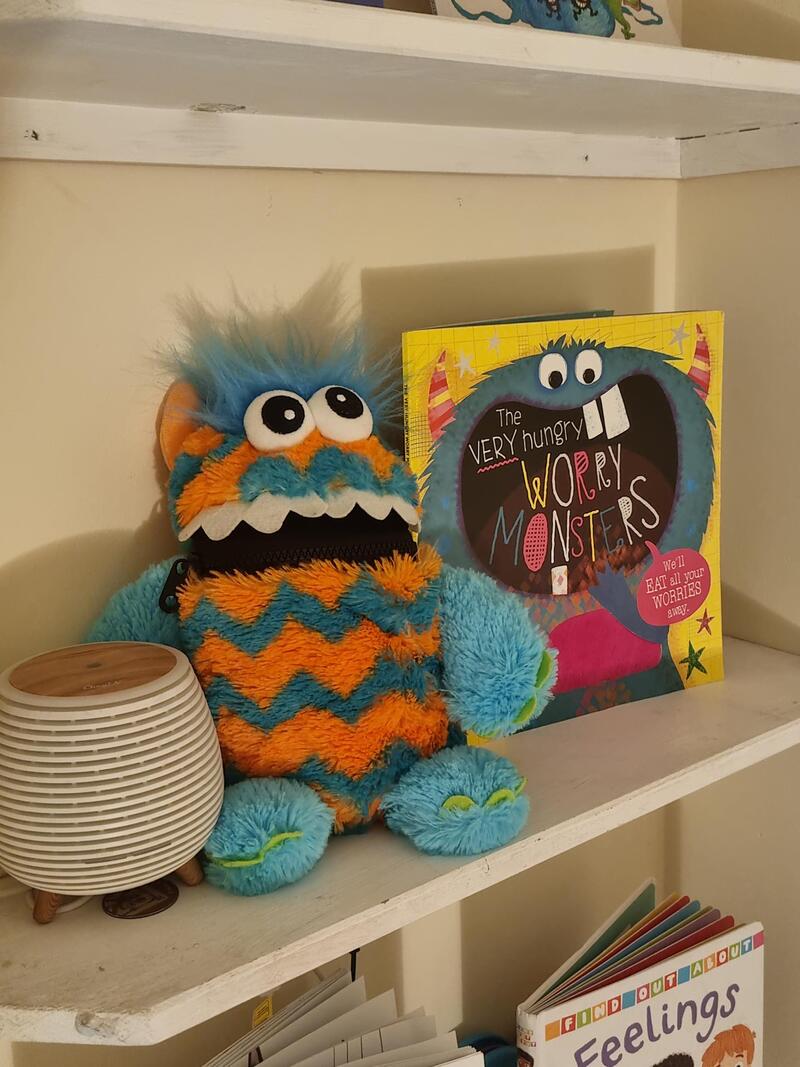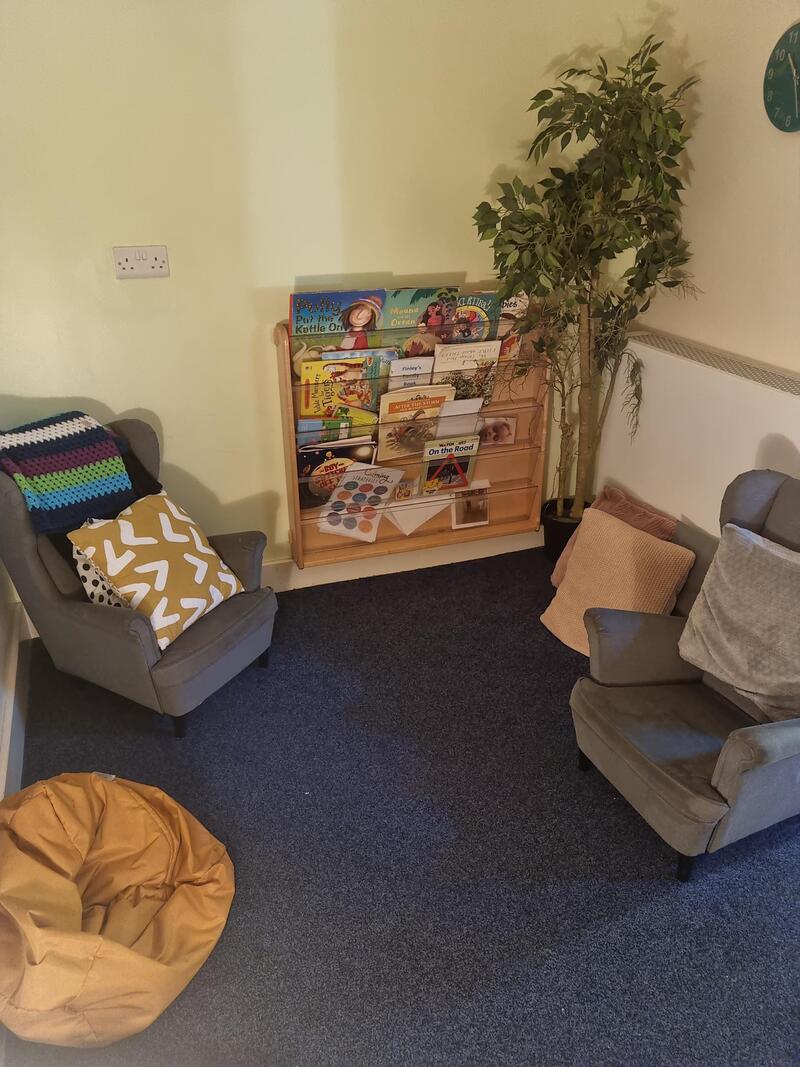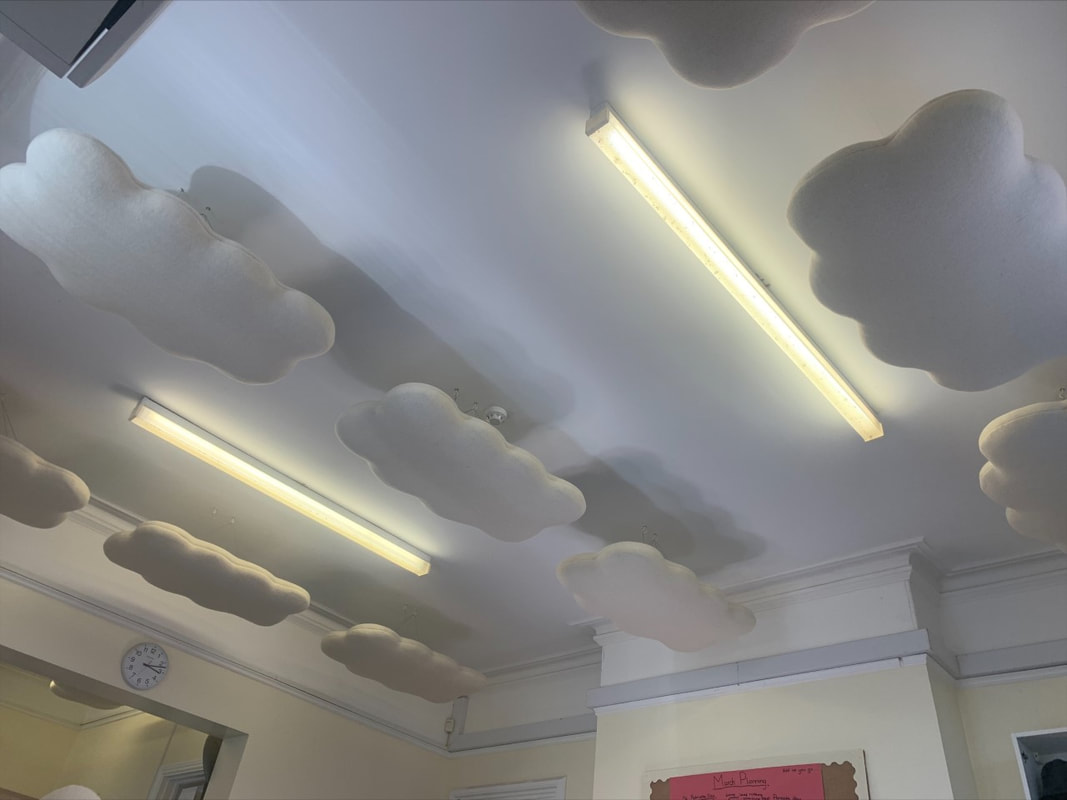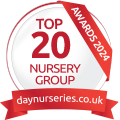Working with Special Educational Needs & Disabilities
|
Working with Special Educational Needs Children
Special Educational Needs and Disabilities (SEND) covers a broad spectrum of support children need to help their development and well-being. Within Hopscotch, we have trained Special Educational Needs Coordinators (SENCOs) who support our children to ensure they have everything they need to flourish and thrive in our care. In addition, we work in partnership with parents to help with settling in, day-to-day activities and provide reports to aid a diagnosis with a child that has been identified as needing additional support. As a result, many special educational needs can be identified in early years, which, if managed correctly, can help the child to transition to 'big school' with the right tools and support to enable them to continue to thrive to the best of their abilities. Since the lockdowns in 2020, we have seen more children with delayed speech and language skills and increased anxiety in social settings. Identifying these needs early on allows us to work with each child to provide the right level of care and early years developmental support. We have created several tools, activities, and special areas in our settings to help support our children. These can vary in each setting, dependent on the needs of the children in that settings care. These tools can include:
These are just some of the ways we work with our children to help support their development and to prepare them for 'Big School'. Each of our settings is run by passionate and caring early years professionals, experienced in working with a range of special needs and disabilities. If you have a child with special educational needs and require additional support, please don't hesitate to speak with a member of our team. |
© Hopscotch Day Nurseries. All Rights Reserved





